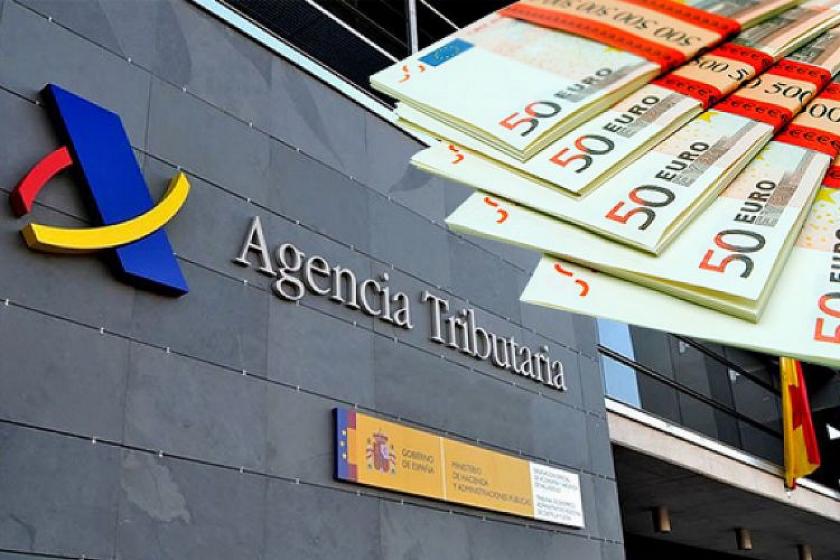
Tax on rental income second home in Spain
16.01.2022Renting out your second home in Spain can give you a nice extra pocket money per month. However, the rental amount you receive is not the net amount. There are all kinds of costs, including taxes.
Exactly how much tax do you have to pay on your rental income from Spain? And what are the tax rules? We list them here for you.
When you buy a property in Spain, you have to take extra costs into account. Think of municipal tax, home insurance, costs for the VvE, among other things. When landlords transfer money to your account every month, you also have to deal with other costs.
Paying income tax in Spain
When you start renting out the second home in Spain, you have to pay tax on that income. The Spanish tax authorities are called hacienda. If you do not pay your tax properly every quarter, you run the risk of being fined. This amount can be up to 150% of the amount that you have not declared. The Spanish tax authorities are increasingly strict. It is therefore better to have your tax affairs in order when renting out your second home in Spain.
19% tax on rental income
If you have rental income, you have to pay 19% tax on it. This ensures that the Return on Investment when renting out your home is unfortunately a bit lower. This tax item is called: 'impuesto sobre la renta de no residents', or the IRNR. Home owners outside the European Union must pay no less than 24% of the rental income to the Spanish tax authorities. The tax is calculated on the rent received minus a number of costs. The name of the declaration is 'modelo 210'. When the return is filed, the tax must also be paid immediately.
Income tax deductions for rental income Spain
Suppose you have 600 euros per month in rental income. You would then think: then I have to pay 19% tax on 600 euros times 12 months. That is not correct, because… Fortunately, there are still a number of items that you can deduct. This concerns direct or indirect costs that make the rental possible.
These are the deductible items:
- Real estate tax, or the Impuesto sobre Bienes Inmuebles (IBI);
- mortgage interest;
- household waste tax;
- The common costs, the VME (costes de comunidad)
- The insurance;
- The commission of the rental agency.
You can deduct the costs based on proportionality. Proportionality of the time that you rented out the house. Suppose you have rented out the house for 6 months, with the exception of the commission from the rental office, you can deduct half of the costs in your tax return. If you have rented out the house for three months, then it is a quarter and so on.
Filing income tax every quarter
For every owner of property in Spain who also rents it out: you must submit a tax return for income tax every quarter. Whether you rent out a villa, an apartment, storage room or a garage space.
These are the submission deadlines:
- January 20
- 20th of April
- July 20
- the 20th of December
Please note: you also have to pay the tax immediately when submitting the tax return. There are no deferral arrangements for filing tax returns in Spain, so make sure you are on time every quarter!
Outsource your tax return
Are you thinking about renting out your second home in Spain and do you not feel like this tax burden? Or do you want to be sure that the tax return goes well every quarter? Then outsource the declarations.
You can outsource it to a local gestor, for example. A gestor is a general consultant who can make your life in Spain much easier. Working from an office known as a gestoría, he or she acts as an intermediary between you and the various official bodies. There is also a Dutch speaking gestoria office, we would be happy to put you in touch. A gestor can ensure that taxes and current bills are paid in your absence.
We wish you every success in renting out your home in Spain and in arranging all tax matters properly.